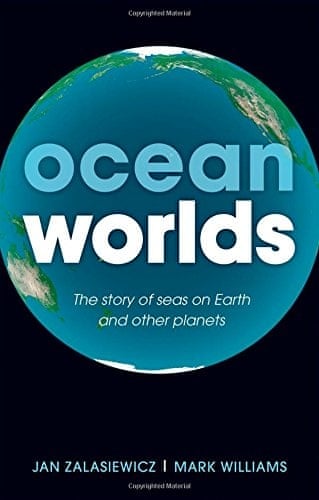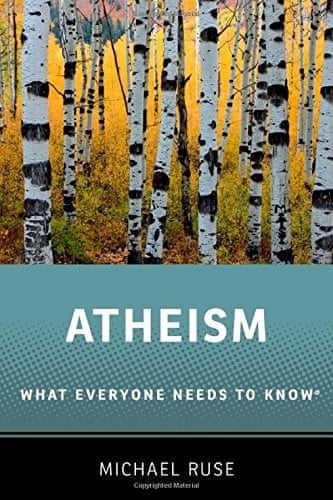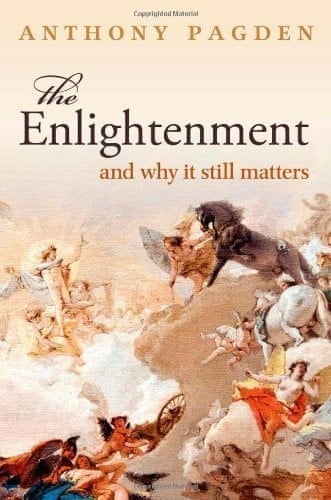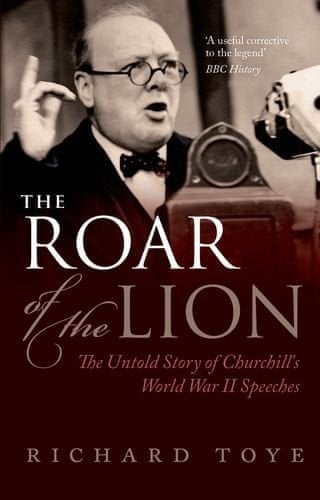It’s been a long time since I’ve shared anything here because my prized desktop computer with the 27-inch screen melted down more than a month ago. (This hard drive melt-down was preceded by my external back-up drive melt down, and followed by the melt-down of my smartphone.) The local shop, where I purchased this computer, took three weeks to provide two vastly different price quotes to make the same repair – the more expensive price quote was because they decided to force me to buy back my own sizzled hard drive (never mind that I already own it). Finally, after a lot of frustrating back-and-forth with them, I decided I would repair my computer myself.
In the meantime, I finally purchased a new laptop, and have been trying to recall (or reset) all my passwords for all my many online accounts. Although it’s time-consuming, I’ve mostly been successful, except my PayPal account is now frozen and I may never be able to access it again. Considering that I’ve enough PayPal funds to purchase somewhere between 300-500 new paperbacks (or a new iMac), this is causing me some anxiety.
I’ve also had a lot of time to read. So let me tell you – briefly; remember these are not full-blown reviews – about some of the many books I’ve been feasting on.

Ocean Worlds: The story of seas on Earth and other planets by Jan Zalasiewicz and Mark Williams [336 pages, Oxford University Press, 2014; Guardian Bookshop; Amazon UK hardcover/Kindle UK; Amazon US hardcover/Kindle US]
Publisher’s synopsis: Oceans make up most of the surface of our blue planet. They may form just a sliver on the outside of the Earth, but they are very important, not only in hosting life, including the fish and other animals on which many humans depend, but in terms of their role in the Earth system, in regulating climate, and cycling nutrients. As climate change, pollution, and over-exploitation by humans puts this precious resource at risk, it is more important than ever that we understand and appreciate the nature and history of oceans. There is much we still do not know about the story of the Earth’s oceans, and we are only just beginning to find indications of oceans on other planets.
In this book, geologists Jan Zalasiewicz and Mark Williams consider the deep history of oceans, how and when they may have formed on the young Earth – topics of intense current research – how they became salty, and how they evolved through Earth history. We learn how oceans have formed and disappeared over millions of years, how the sea nurtured life, and what may become of our oceans in the future. We encounter some of the scientists and adventurers whose efforts led to our present understanding of oceans. And we look at clues to possible seas that may once have covered parts of Mars and Venus, that may still exist, below the surface, on moons such as Europa and Callisto, and the possibility of watery planets in other star systems.
My first impression: this is a readable and absorbing account about oceans. The authors start with a discussion of current scientific ideas for where Earth’s water came from, how our home planet magically ended up with exactly the right amount of water, and the critical role that water played in the evolution of life; and they end with an exploration the three major threats to Earth’s oceans; global warming, ocean acidification and oxygen deprivation. The authors also share data indicating that oceans were once present on Venus and Mars and probably still are present on some of the moons of Jupiter and Saturn. Might this suggest that life exists elsewhere in our solar system? Perhaps.

Atheism What Everyone Needs to Know by Michael Ruse [304 pages, Oxford University Press, 2015; Guardian Bookshop; Amazon UK hardcover/paperback/Kindle UK; Amazon US hardcover/paperback/Kindle US]
Publisher’s synopsis: Over the last decade, “New Atheists” such as Sam Harris, Richard Dawkins, and Christopher Hitchens have pushed the issue of atheism to the forefront of public discussion. Yet very few of the ensuing debates and discussions have managed to provide a full and objective treatment of the subject.
Atheism: What Everyone Needs to Know provides a balanced look at the topic, considering atheism historically, philosophically, theologically, sociologically and psychologically. Written in an easily accessible style, the book uses a question and answer format to examine the history of atheism, arguments for and against atheism, the relationship between religion and science, and the issue of the meaning of life-and whether or not one can be a happy and satisfied atheist. Above all, the author stresses that the atheism controversy is not just a matter of the facts, but a matter of burning moral concern, both about the stand one should take on the issues and the consequences of one’s commitment.
My first impression: I started by reading chapter six, “The Matter for Science”, which specifically looks at the relationship between scientists and atheism. The author explores a number of interesting ideas that I’ve often heard people repeat – that science pushes out religious belief, for example – and addresses these assertions with survey data. Although I view Michael Ruse as tending towards being a Christian apologist, this book is interesting and thought-provoking.

The Enlightenment: And Why it Still Matters by Anthony Pagden [464 pages, Oxford University Press, 2013 (2015); Guardian Bookshop; Amazon UK hardcover/paperback/audio download/Kindle UK; Amazon US hardcover]
Publisher’s synopsis: The Enlightenment and Why It Still Matters tells nothing less than the story of how the modern, Western view of the world was born. Cultural and intellectual historian Anthony Pagden explains how, and why, the ideal of a universal, global, and cosmopolitan society became such a central part of the Western imagination in the ferment of the Enlightenment – and how these ideas have done battle with an inward-looking, tradition-oriented view of the world ever since.
Cosmopolitanism is an ancient creed; but in its modern form it was a creature of the Enlightenment attempt to create a new ‘science of man’, based upon a vision of humanity made up of autonomous individuals, free from all the constraints imposed by custom, prejudice, and religion. As Pagden shows, this ‘new science’ was based not simply on ‘cold, calculating reason’, as its critics claimed, but on the argument that all humans are linked by what in the Enlightenment were called ‘sympathetic’ attachments. The conclusion was that despite the many tribes and nations into which humanity was divided there was only one ‘human nature’, and that the final destiny of the species could only be the creation of one universal, cosmopolitan society.
This new ‘human science’ provided the philosophical grounding of the modern world. It has been the inspiration behind the League of Nations, the United Nations and the European Union. Without it, international law, global justice, and human rights legislation would be unthinkable. As Anthony Pagden argues passionately and persuasively in this book, it is a legacy well worth preserving – and one that might yet come to inherit the earth.
My first impression: this book just came out in paperback, and is a deep and thought-provoking argument for how the enlightenment still affects modern social and political thought. There is so much information packed into in these pages, yet it’s well-organised, meticulously referenced and presented so masterfully that the book is a pleasure to read. I think those who enjoy reading about philosophy and history will enjoy this book, as will those who seek to gain a deeper understanding the philosophical, political, and social development and dominance of the modern Western World.

The Roar of the Lion: The Untold Story of Churchill’s World War II Speeches by Richard Toye [320 pages, Oxford University Press, 2013 (2015); Guardian Bookshop; Amazon UK hardcover/paperback/kindle UK; Amazon US hardcover/paperback/kindle US]
Publisher’s synopsis: The popular story of Churchill’s war-time rhetoric is a simple one: the British people were energised and inspired by his speeches, which were almost universally admired and played an important role in the ultimate victory over Nazi Germany. Richard Toye now re-examines this accepted national story – and gives it a radical new spin.
Using survey evidence and the diaries of ordinary people, he shows how reactions to Churchill’s speeches at the time were often very different from what we have always been led to expect. His first speeches as Prime Minister in the dark days of 1940 were by no means universally acclaimed -- indeed, many people thought that he was drunk during his famous ‘finest hour’ broadcast -- and there is little evidence that they made a decisive difference to the British people’s will to fight on.
In actual fact, as Toye shows, mass enthusiasm sat side-by-side with considerable criticism and dissent from ordinary people. Yes, there were speeches that stimulated, invigorated, and excited many. But there were also speeches which caused depression and disappointment in many others, and which sometimes led to workplace or family arguments. Yet this more complex reality has been consistently obscured from the historical record by the overwhelming power of a treasured national myth.
The first systematic, archive based examination of Churchill’s World War II rhetoric as a whole, The Roar of the Lion considers his oratory not merely as a series of ‘great speeches’, but as calculated political interventions which had diplomatic repercussions far beyond the effect on the morale of listeners in Britain. Considering his failures as well as his successes, the book moves beyond the purely celebratory tone of much of the existing literature. It offers new insight into how the speeches were written and delivered – and shows how Churchill’s words were received at home, amongst allies and neutrals, and within enemy and occupied countries.
This is the essential book on Churchill’s war-time speeches. It presents us with a dramatically new take on the politics of the 1940s – one that will change the way we think about Churchill’s oratory forever.
My first impression: growing up in America, I learned in my history classes that Winston Churchill’s amazing speeches played a not-insignificant role in the eventual outcome of World War II. So the premise of this book -- that Churchill’s speeches were not universally appreciated by the British people -- is news to me. This scholarly book presents a readable and in-depth exploration of Churchill’s speeches, including the notes and drafts stored at the National Archives at Kew, Churchill’s diaries and memoirs, within their historic, political and bureaucratic context. This book will appeal to writers as well as lawyers and politicians, historians, World War II scholars and to all who are fascinated by Churchill himself.
.. .. .. .. .. .. .. .. .. .. ..
When she’s not got her nose stuck in a book, GrrlScientist is very active on twitter @GrrlScientist and lurks on social media: facebook, G+, LinkedIn, and Pinterest.

Comments (…)
Sign in or create your Guardian account to join the discussion